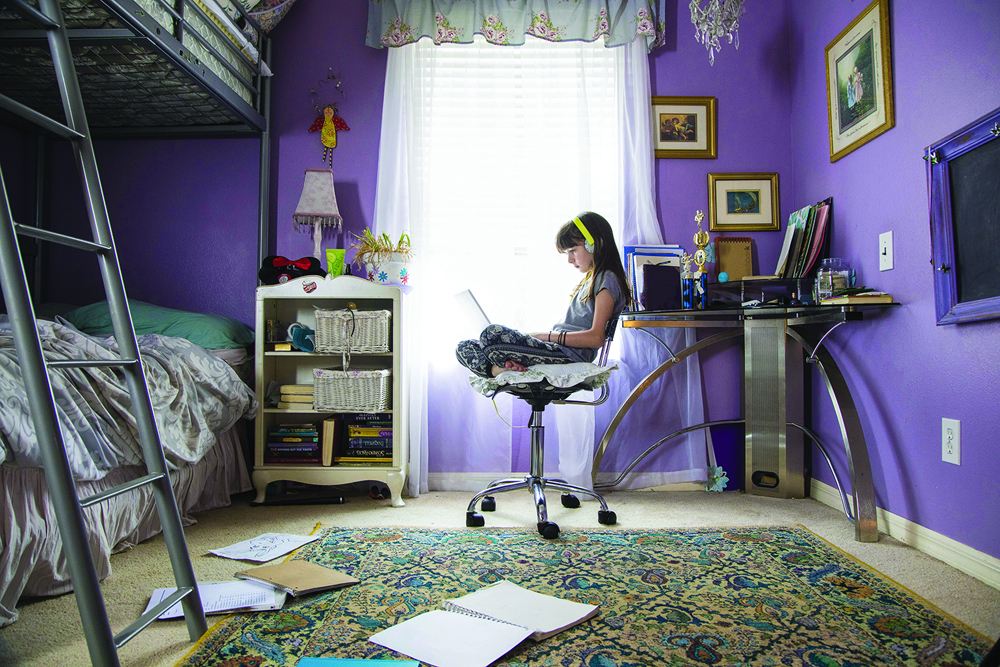With asylum seekers dying waiting for shelter space in Mississauga and single mothers denied rental housing in Halifax, Canada’s lack of affordable housing is becoming a frank violation of human rights.
Housing, like the need for food and water, is a basic human need. International law recognizes the social right to housing in the Universal Declaration of Human Rights and the International Covenant on Economic, Social, and Cultural Rights and Canada has ratified several international treaties on the right to adequate housing.
But according to the 2021 Census, more than 1 in 10 households in Canada live in core housing need, meaning they live in housing that is unsuitable (overcrowded), inadequate (in need of major repairs) or unaffordable (costs more than 30% of pre-tax income).
Housing is an important determinant of health. Overcrowded living conditions increase the spread of infectious diseases and people living in damp, moldy conditions have higher rates of asthma and allergies. Extreme indoor heat or cold is associated with increased cardiovascular disease, and poor living conditions can increase psychological stress in adults and children.
Having decent housing is important to living a healthy life. We also know that affordable housing is key to a strong economy. It creates more disposable income, GDP growth, higher productivity and job retention and more tax revenue for governments.
So, when the benefits of decent, affordable housing are so clear, why do we find ourselves in a nationwide housing crisis? This predicament did not arise overnight. It is the result of over 30 years of disinvestment in affordable housing by the federal government as well as the insidious financialization of housing.
In the decades post-World War II, the federal government invested heavily in building affordable housing, creating up to 20,000 new units a year until the late 1980s. But in 1993, the federal government cancelled its housing program and social housing dropped from 20% of annually built housing stock to 1 to 2% by 1996.
Around the same time, the financialization of housing began creating a significant barrier to realizing people’s right to affordable and decent housing. Financial instruments such as mortgage-backed securities and Real Estate Investment Trusts (REITs) have transformed housing from a basic need into a vehicle for investment. Investors look at housing as a commodity and a way of extracting wealth from the basic human need for shelter.
The securitization of mortgages (pooling mortgages to create a financial instrument sold on the stock market for profit) has created large amounts of debt for Canadian homeowners and delinked house prices from income. Purchase of rental housing by REITs has led to systemic practices of rent increases, higher rates of eviction, reduced on-site services, and poor investments in maintenance and repair of housing units to maximize shareholder profits.
In 2017, the federal government created the National Housing Strategy, and, in 2019, passed the National Housing Strategy Act, marking a return to the housing arena after decades of absence. Now they have a lot of catching up to do – the Canada Mortgage and Housing Corporation (CMHC) estimates that Canada needs to build 5.8 million new homes by 2030.
It may seem like a large number, but we know it is possible to achieve this goal. Canada built over 1 million Homes for Heroes between 1943 and 1960 – the equivalent of 6 million homes today. All levels of government, the private sector and civic organizations will have to pitch in to get the job done.
To ensure housing for all, we need to let go of the North American dream of a single-family home and instead embrace density and community by creating an adequate supply of housing close to workplaces, schools and other important amenities and services. We need to emphasize that towns and cities are for people living and working there, and disincentivize second homes, real estate speculation and short-term rentals.
The only way to counter financialization of housing is for the public to claim back a sizeable share of the housing market. France has legislated 20% of total housing stock in each municipality as public housing and in Vienna about 60% of the population lives in social or co-op housing.
We too can set and meet targets to keep housing a public good. The federal government has to invest far more money than it has so far to build housing, and vacant public lands need to be provided to municipal governments and non-profit housing providers free of charge for building affordable housing.
Provincial governments can protect existing housing stock by creating first right of refusal for municipalities to purchase affordable housing at risk of being bought by REITs. Municipal governments can retain control or transfer ownership to not-for-profits, co-ops or land trusts to administer below-market housing programs.
Municipal governments, with their smaller tax base, need to be creative in raising money to build housing. Progressive property taxes levy higher rates for more expensive properties and can be a way to create an affordable housing fund. Vacancy tax for homes that are unused create another revenue stream and encourage absent homeowners to sell or rent their homes to those who live in the area.
When we understand housing as a human right, we acknowledge that decent, affordable housing is the responsibility of all levels of government and civil actors in society. Everyone deserves to live in dignity and security and have a place to call home.
Vamini Selvanandan is a rural family physician and public health practitioner in Alberta. For more articles like this, visit www.engagedcitizen.ca.
© 2024. This work is licensed under a Creative Commons CC BY 4.0 license.








